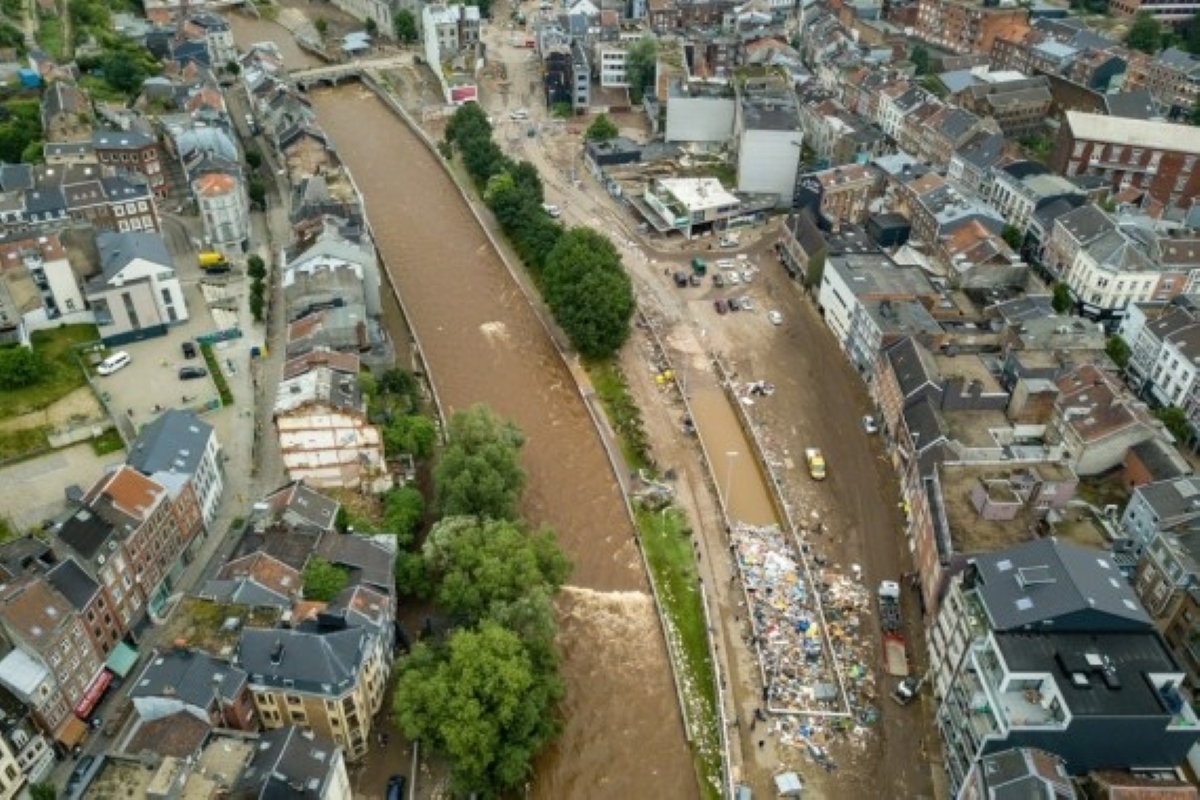Petteri Taalas, chief of the Geneva-based World Meteorological Organization (WMO), said extreme weather events and natural disasters will continue to increase, adding that climate change was the root cause of the torrential rainstorms and deadly floods ravaging Europe this summer.
Speaking exclusively to Xinhua news agency on Monday, Taalas said: “We have always had extreme weather events, but because of climate change, we have started seeing them more often and they are more intense.
Advertisement
“Without climate change, we wouldn’t have observed such high temperatures in western parts of Canada and the US, so that’s a clear indication of climate change.”
At the same time, devastating flash floods due to heavy rainfalls have swept through several western European countries in the past few days, killing more than 100 people and causing massive damages.
Asked about whether he expected more natural disasters over the next couple of years, Taalas said: “Climate change will anyhow continue for the coming decades. If we are successful with climate mitigation, we could stop this negative trend in the 2060s.
“Until then we will see a growing amount of natural disasters and a growing amount of this kind of weather extremes and also more human losses and more economic losses than before.
“That means that we have to also adapt to climate change, the most important thing is to mitigate climate change, to stop using fossil fuels and also pay attention to our diet.”
Countries around the world have pledged to reach a global peak of greenhouse gas emissions as soon as possible and to achieve a climate neutral world by mid-century.
Taalas stressed that no region in the world was safe from the negative impacts from extreme weather events and natural disasters.
He also warned of the record amount of hurricanes in the Caribbean last year, super typhoons in Asia, and cyclones hitting Pacific Islands and southern parts of Africa.
“The key is that we have to start acting now, we cannot wait for the coming decades,” the WMO Secretary-General urged.
“We have to reduce the amount of fossil fuels, especially we have to get rid of coal-fired energy production, we have to convert our transport system to become more based on electric vehicles and biofuels.
“In housing we should cool our houses by using geothermal heat pumps, and in our diet we should reduce the amount of especially red meat,” he added
Taalas stressed that no more time could be wasted to tackle global warming.
The WMO, a specialised agency of the UN, has a membership of 193 member states and territories and was established in 1950.











